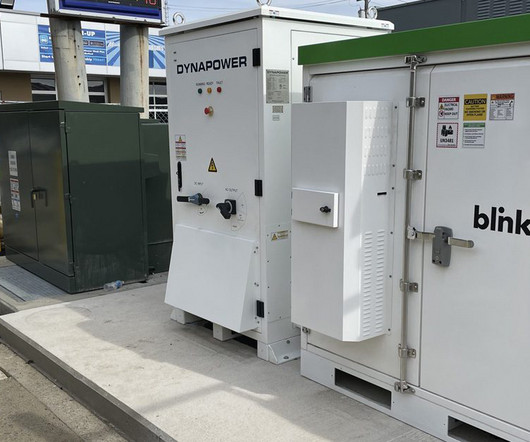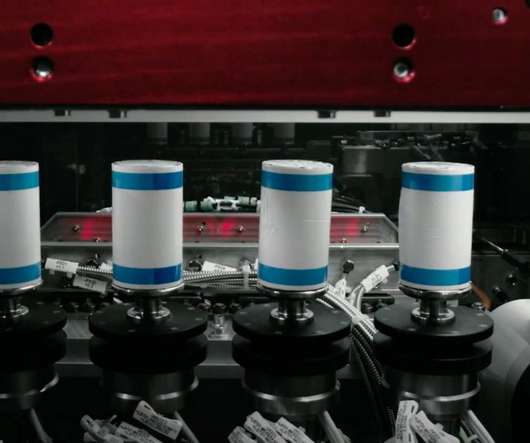JERA and Toyota deploy first large capacity Sweep Energy Storage System with second-life batteries
Green Car Congress
OCTOBER 28, 2022
JERA, the largest power generation company in Japan, responsible for about 30% of Japan’s electricity, and Toyota Motor have built and deployed the first large-capacity “Sweep Energy Storage System”. The project plans to operate grid storage batteries for recharge and discharge operations, connected to the Chubu Electric Power Grid Co.,




































Let's personalize your content